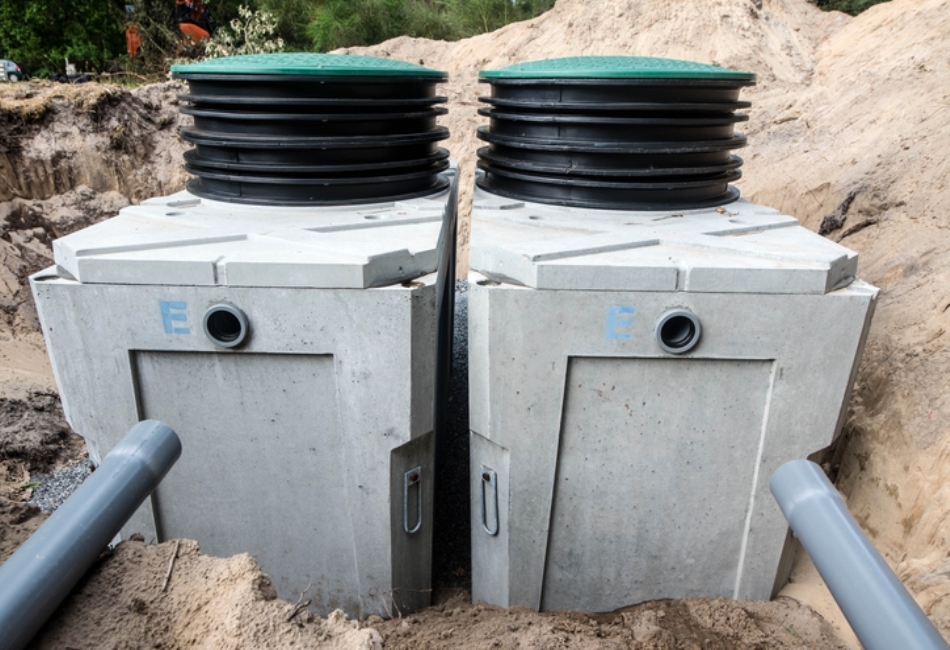Nobody wants to deal with a septic backup. The smell, the mess, the expense – it’s a homeowner’s nightmare that can often be prevented with the right knowledge and habits.
Understanding Your Septic System’s Limits
Your septic system isn’t a magical black hole that can handle everything you throw at it. Many homeowners treat their toilets and drains like garbage disposals, flushing items that should never enter the system. Feminine hygiene products, baby wipes (even those labeled “flushable”), cat litter, and cigarette butts are common culprits that create clogs and backups.
If you want to avoid septic backups, the golden rule is simple: if it didn’t come out of your body or isn’t toilet paper, don’t flush it. This includes medications, which can actually kill the beneficial bacteria your septic system needs to function properly.
Overloading Your System with Water
Septic systems need time to separate solids from liquids and allow proper drainage. When you overwhelm the system with too much water too quickly, it can’t keep up. Running multiple loads of laundry back-to-back, taking long showers while the dishwasher runs, or hosting a houseful of guests without adjusting usage patterns can spell trouble.
Space out your water usage throughout the day. Fix leaky faucets and running toilets immediately – that constant trickle adds up faster than you think.
Ignoring Regular Maintenance
Here’s where many homeowners shoot themselves in the foot: they forget about their septic system until something goes wrong. Your septic tank needs to be pumped every 3-5 years, depending on household size and usage. Skip this maintenance, and you’re asking for problems.
- Sludge builds up and reduces the tank’s capacity
- Solids can escape into the drain field
- The entire system becomes less efficient
Keep records of when your tank was last pumped and schedule the next service in advance. It’s much cheaper than dealing with a backup.
Using Harsh Chemicals
Many homeowners think they’re helping their septic system by using antibacterial cleaners, bleach, or septic additives. In reality, these products often do more harm than good. Your septic tank relies on a delicate balance of bacteria to break down waste. Harsh chemicals can kill these beneficial microorganisms.
Stick to septic-safe cleaning products or simple alternatives like vinegar and baking soda. Your system will thank you.
Parking and Building Over the Drain Field
Your drain field isn’t just decorative – it’s a crucial part of your septic system where final treatment occurs. Parking cars, RVs, or heavy equipment over this area compacts the soil and can crush the pipes below. Building structures, installing pools, or even planting trees with deep root systems can cause serious damage.
Keep the area over your entire septic system clear of heavy objects and deep-rooted plants. Mark the boundaries if necessary to avoid accidental damage.
Prevention is Your Best Investment
Most septic backups are entirely preventable with proper care and attention. Watch what goes down your drains, spread out water usage, schedule regular maintenance, avoid harsh chemicals, and protect your drain field. These simple steps will keep your septic system running smoothly for decades and save you thousands in repair costs.
Think of septic maintenance like car maintenance – regular oil changes cost far less than engine replacement. The same principle applies here. A few hundred dollars every few years for pumping beats the nightmare of a full system replacement that can cost $15,000 or more.
Remember, a little prevention goes a long way when it comes to septic systems.
